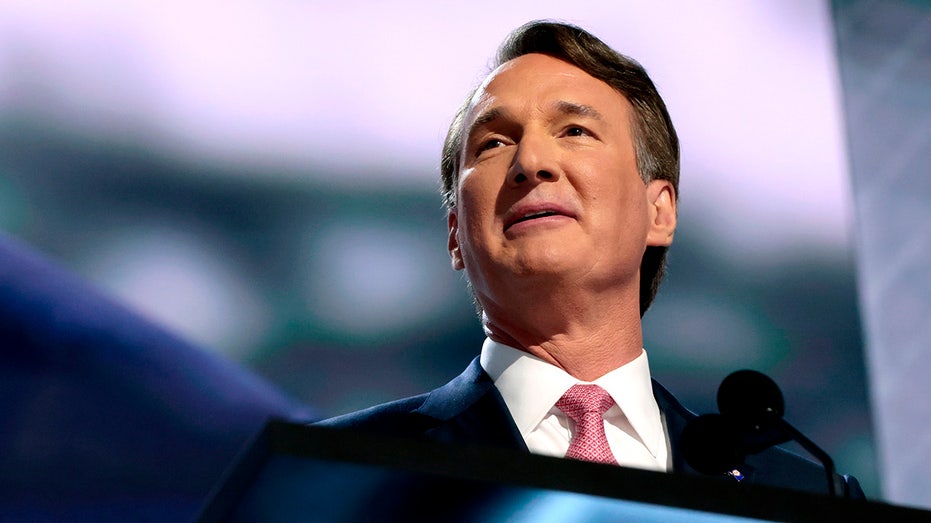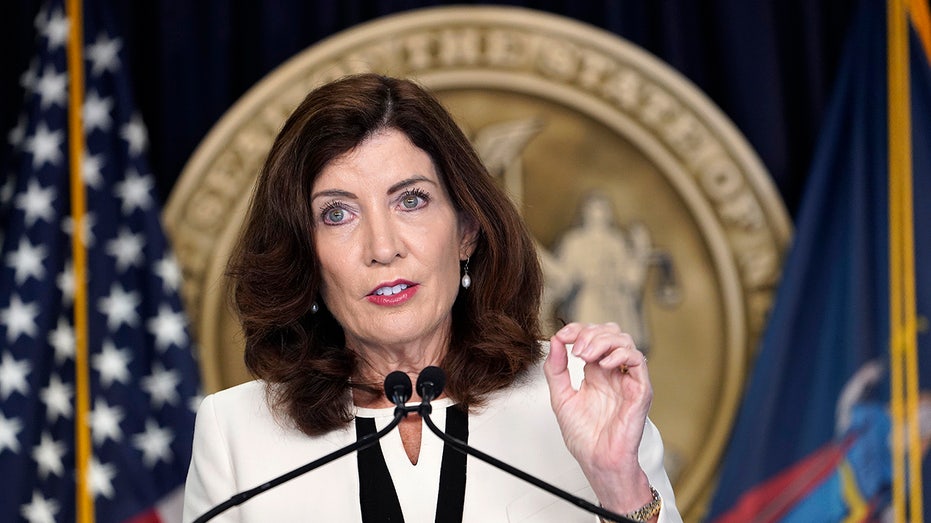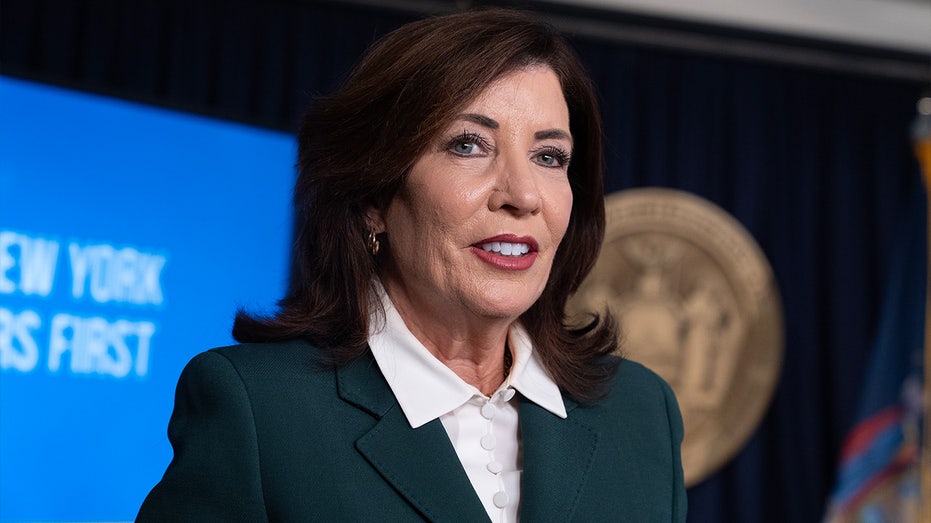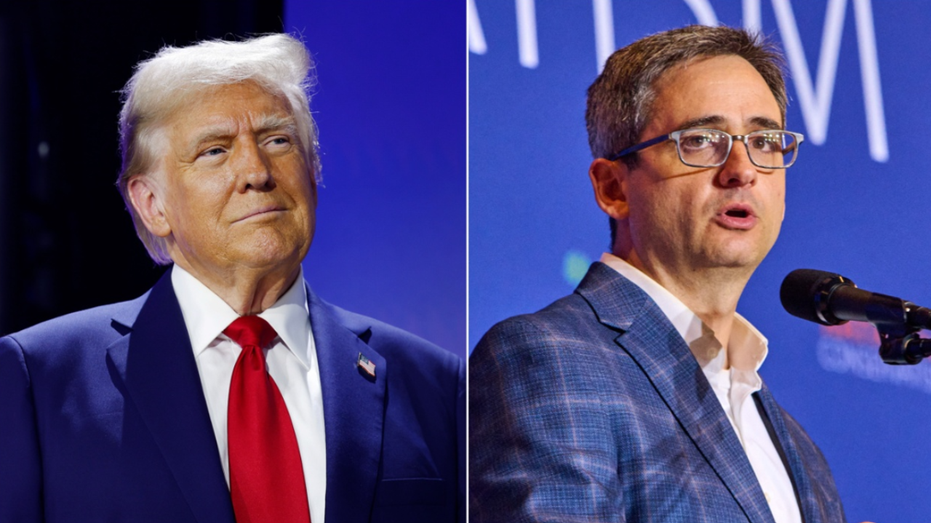The Senate is targeting life-insurance policies that allow the rich to pass down everything from stocks to yachts to their kids tax-free. Here's how it works.
ViewStock/ Getty Images
- The richest of the rich can use life insurance to avoid estate and income taxes.
- Private-placement life insurance is perfectly legal — unless a new bill passes.
- A financial advisor tells Insider how the insurance saves the wealthy tens of millions of dollars.
Life insurance is probably the least sexy area of financial planning. But for the richest of the rich, policies can slash tens of millions of dollars off their tax bills.
Private-placement life insurance is a little-known tax-avoidance tactic. When structured correctly, PPLI policies can be used to pass on assets from stocks to yachts to heirs without incurring an estate tax.
"In the US, people sell life insurance as a middle-class way of structuring assets," Michael Malloy, a wealth advisor who has specialized in PPLI for 20 years, told Business Insider in 2022. "But PPLI is a completely different animal."
The PPLI industry enables a few thousand ultra-rich American taxpayers to shelter at least $40 billion, according to an investigation by the Senate Finance Committee. The report estimated that the average PPLI policyholder is worth well over $100 million.
PPLI is legal—for now. On December 16, Oregon Sen. Ron Wyden released a draft bill to close the loophole. Under the Protecting Proper Life Insurance from Abuse Act, PPLI policies would be treated as investment funds, not life insurance or annuity policies, which would eliminate the tax benefits.
"Life insurance is an essential source of financial security for tens of millions of middle-class families in America, so we cannot have a bunch of ultra-rich tax dodgers abusing its special tax treatment to set up tax-free hedge funds and shelter oodles of cash," Wyden said in a written statement.
While tax savings are the primary draw of PPLI for US clients, those in the Middle East or Latin America are often looking to use trusts to conceal information about specific assets from corrupt governments, Malloy said.
"Clients don't want an organized crime ring bribing an underpaid tax official to get information on their family," he said.
US taxpayers are required to report to the IRS only the cash value of a foreign life-insurance policy, not the assets within the trust.
These offshore life insurers in jurisdictions such as the Cayman Islands and Bermuda typically require at least $5 million as the upfront premium. Malloy advises that clients have at least $10 million in assets to make PPLI worthwhile. His clients usually hold at least $50 million in assets.
Here is how PPLI works
In short, an attorney sets up a trust for a wealthy client. The trust owns the life-insurance policy that's created offshore.
The PPLI policy premiums are funded with assets. The assets must be diversified — typically with at least five different asset classes — and can include stocks and business interests, as well as tangible assets like yachts and real estate.
Depending on the client's age, nationality, and other factors, the death benefit can, in theory, max out at $100 million, Malloy said.
If structured correctly, the benefit and the assets in the policy are passed to the children without incurring an estate tax. A 40% federal estate tax applies to estate values topping $13.61 million for individuals and $27.22 million for married couples.
Unlike with policies from US insurers, clients can cancel their policies without paying a massive surrender fee. The assets also grow within the trust tax-free. The cash value of the PPLI policy assets is held in a separate account, and this cash can be disbursed to the policy holder or invested. Investing in hedge funds is a popular use of PPLI assets.
But there's a catch. Policyholders have limited control over investment decisions. They cannot give directives to the asset manager to buy a certain number of shares in Apple, for instance.
It also requires a small army of professionals, including trust and estate attorneys, asset managers, custodians, and tax advisors. Since PPLI is relevant only to the ultrawealthy, few in wealth management or law are familiar with it.
"There's no questions on the CPA exam or the bar exam about PPLI, and asset managers are kind of skeptical," he said. "They think you're going to take assets away. Actually, the assets become stickier and get more alpha because the client pays less tax."
How the proposed bill would endanger PPLI
Under Wyden's proposed legislation, most PPLI policies would be classified as "private placement contracts" (PPCs) rather than life insurance policies. As such, any accumulated earnings and death benefits would be taxed.
The bill would apply to future and existing PPLI policies, giving policyholders 180 days to liquify the assets or transfer them. Insurers who dare to issue or reinsure the policies will no longer have the benefit of secrecy. To better enable the IRS to enforce the bill, insurers will have to report all PPCs or face a $1 million fine for each 30-day period that they fail to do so.
The bill faces steep odds of passing with Donald Trump's reelection and a Republican House and Senate. The insurance industry is counting on it.
"This legislation is an attack on all forms of permanent life insurance and, by extension, an attack on holistic financial planning," said Marc Cadin, CEO of trade group Finseca, in a statement. "We look forward to working with the new Congress and the Trump administration to advance policies to move our country forward rather than raising taxes on life insurance."
:max_bytes(150000):strip_icc():format(jpeg)/GettyImages-1459411245-8ecd453a20ec4a7986d85a4a87dd2314.jpg)




:max_bytes(150000):strip_icc():format(jpeg)/GettyImages-872852194-1cf71de8f7b546e09bbe6e427950a05b.jpg)

